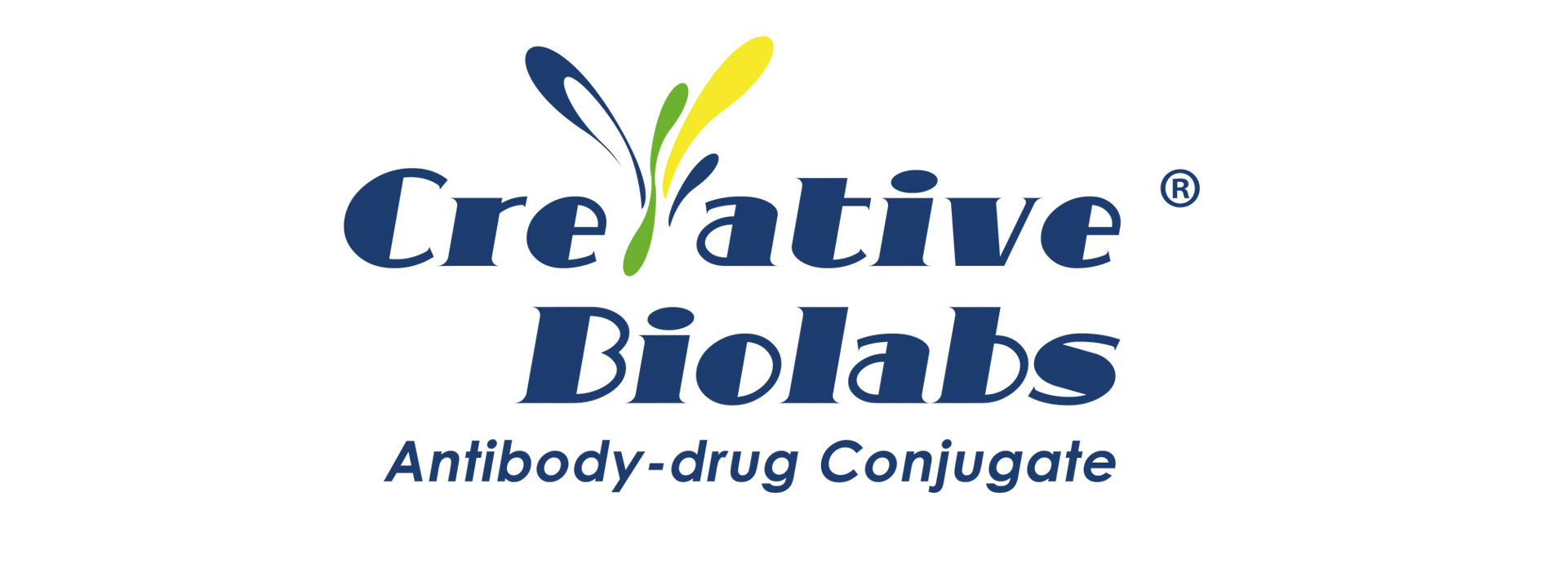British pharmaceutical company GlaxoSmithKline (GSK) recently announced the clinical study DREAMM -1 (NCT02064387) further positive data of experimental anti-B cell mature antigen (BCMA) antibody drug conjugate (ADC) GSK2857916 in the treatment of recurrent / refractory multiple myeloma (R/R MM). These results are based on pre-specified mid-term analysis results and have been published in Blood Cancer Journal.
Introduction to research
These new data confirm that the overall remission rate of patients treated with GSK2857916 reached 60% of (ORR), the same data as the ORR reported in the previous mid-term analysis. The results showed that after more than a year of follow-up, not only the potential efficacy of GSK2857916 was confirmed, but also the persistence and depth of remission were confirmed. During this additional year of follow-up, the proportion of patients receiving complete remission increased to 15%. The median progression-free survival (PFS) was 12 months (95% CI: 3.1-inestimable [NE]), which was higher than the previously reported median PFS of 7.9 months.
Dr. Hal Barron, Chief Science Officer and President of GSK Research and Development, said, “These data are very encouraging, and I am excited about the significance of these data for patients with multiple myeloma. We are actively promoting this potential new drug and plan to provide key data to support its declaration by the end of this year.
DREAMM-1 is the first human open-label study to evaluate GSK2857916 to study the safety, pharmacokinetics, pharmacodynamics, immunogenicity and clinical activity in patients with R/R MM and other advanced hematological malignant tumors expressing BCMA. The main goal is safety; other goals include remission rate, pharmacokinetics and immunogenicity. The study consists of two parts: one is the dose-increasing phase, in which patients receive the incremental agent GSK2857916; the other is the dose expansion phase, in which all patients receive the recommended II dose GSK2857916.
In part 2 of the DREAMM-1 study, a total of 35 patients were enrolled, regardless of the level of BCMA expression. In those patients who had not previously been treated with anti-CD38 monoclonal antibody (daratumab), ORR was 71%(95%CI:47.8%-88.7%)and median PFS was 15.7 months (95%CI:2.3-NE). Among those previously treated with daratumumab, ORR was 38.5% (95%CI:13.9-68.4) and median PFS was 7.9 months (95%CI:2.3-NE).
No new safety signals were found during treatment. The most common adverse events were thrombocytopenia (63%), blurred vision (51%), cough (40%), mostly mild or moderate (grade 1 or 2). The most common grade 3 or 4 adverse events are thrombocytopenia (35%) and anaemia (17% which are manageable.
Introduction to GSK2857916
GSK2857916 is an antibody drug conjugate (ADC), which is formed by coupling humanized anti-BCMA monoclonal antibody with cytotoxic agent Auristatin F through no-cleavable linker. At present, the drug is in clinical development for the treatment of R/R MM and other patients with advanced hematological malignant tumors expressing BCMA.
Multiple myeloma (MM) is the second most common hematological cancer in the United States and is generally considered treatable but incurable. MM is usually difficult to cure for existing treatments, so it is very important to study new treatments.
The normal function of BCMA is to promote plasma cell survival by transmitting signals from two known ligands BAFF and APRIL. This pathway is of great significance for the growth and survival of myeloma cells. The expression of BCMA was limited to B cells at the later stage of development.
GSK2857916’s DREAMM clinical program consists of 10 studies (DREAMM-1 to DREAMM-10). In 2017, GSK2857916 won the breakthrough drug qualification (BTD) of the FDA in the United States and the priority drug qualification (PRIME) of the EMA in the European Union. These qualifications are intended to promote the development of research drugs with clinical prospects in areas of significant unmet medical needs.

